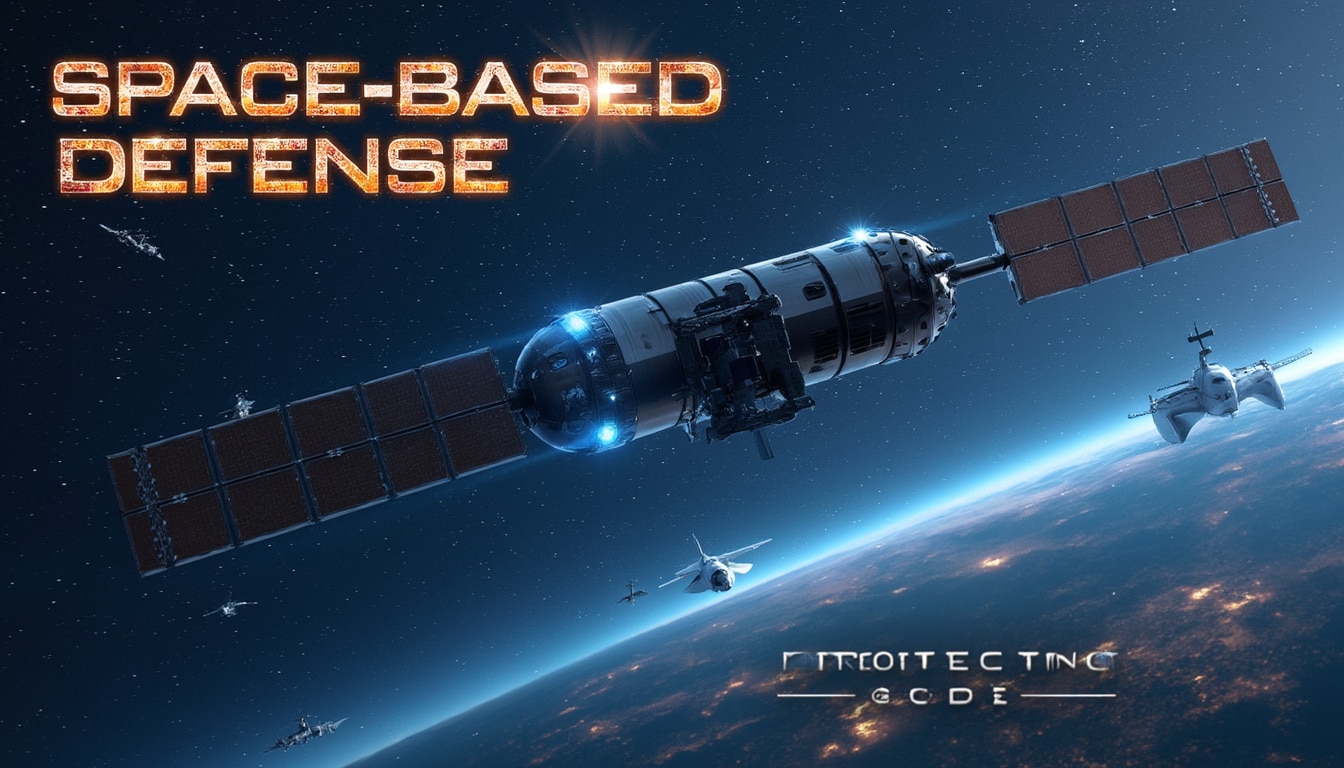In a remarkable moment defining the spirit of space exploration and government cooperation, Defense Secretary Pete Hegseth recently extended heartfelt wishes to the NASA team as they prepared for a crucial SpaceX rescue mission. As the world watches technological advancements unfold in the aerospace industry, the message serves as a clarion call for collaboration across federal sectors, highlighting the importance of national security and the role of private entities like SpaceX under the vision of innovators such as Elon Musk.
This transition into the future of space travel is marked not just by the launch of rockets, but by the unyielding commitment to bringing humanity closer to the stars, a mission that resonates deeply with enthusiasts and professionals alike. Hegseth’s statements were not merely ceremonial; they embodied the evolving narrative of how critical partnerships are paving the way for ambitious objectives like deep space exploration.
The Importance of Cooperation in Space Missions
Widespread recognition of the intricate link between government bodies and private space enterprises has never been more prevalent. The recent communication from Secretary Hegseth, aimed at the NASA crew, exemplifies this partnership model. As the message conveyed note’s strides in human spaceflight and the pressing necessity of orchestrated support, it also emphasizes the broader implications for national security.

Cross Sector Collaboration
Pioneers in the aerospace field have recognized that the struggles of the past have merely set the stage for the innovations of the present and future. Space technology is rapidly evolving, and initiatives like the SpaceX rescue mission depict a future where governmental acronyms and startups harmoniously work together. This synergistic relationship drives efficiency, reduces costs, and accelerates progress toward ambitious goals such as Mars colonization.
The Biden Administration’s prioritization of defense through modern space programs is a precedent demonstrating the essential nature of this coalition, highlighting how investments in science and technology can proliferate into various national interests, including security and scientific discovery.
Case Studies in Aerospace Synergy
Looking at successful missions can provide valuable insight into the benefits of such partnerships. For example, the collaboration between NASA and SpaceX on transporting crew to the International Space Station has showcased reliability in spacecraft design and human safety protocols.
Similarly, the recent SpaceX Falcon 9 missions are heralded not only for their technical proficiency but also for their role in nurturing important dialogues about resilience in space travel. This ability to adapt and innovate in tandem with a commercial entity promotes a robust response to challenges that might arise during spacecraft operations.
The Role of Private Sector in Space Exploration
The influence of the private sector on space exploration cannot be overstated. With giants like SpaceX leading the charge, the aerospace landscape is transitioning into a new era marked by innovation and audacity. Elon Musk’s vision has reshaped how we perceive the universe and our place in it.

Elon Musk’s Vision
Elon Musk envisions a future where humanity colonizes Mars, ensuring the survival of our species. Whether through developing advanced reusable launch vehicles or proposing Mars missions, Musk’s endeavors remain rooted in ambitious timelines emphasizing sustainability. These endeavors not only inspire dreams in space exploration but also directly impact terrestrial technological advancement.
As Secretary Hegseth stated, “the best way to predict the future is to create it”. Through encouraging cooperation between the public space sector and private initiatives, policymakers like Hegseth can leverage these partnerships to address complex challenges in national and global spaces.
Impact on the Aerospace Industry
The growing collaboration between NASA and private companies is reshaping the aerospace industry as we know it. The increasing frequency of launches has prompted discussions regarding space traffic management and sustainability, highlighting how new stakeholders are prompted to innovate.
Each successful mission unearths questions about economic viability and technological growth, reshaping what was once considered the domain of a select few government entities. Now, we see diverse players entering the landscape, demonstrating that ample opportunities exist for ventures focused on space tourism, mineral mining, and beyond.
The Implications of Space Missions on National Security
Secretary Hegseth’s remarks resonate with significant implications regarding national security in the context of space. With increasing competition amongst nations to dominate the next frontier, understanding the implications and responsibilities that come with such advancements is paramount.

Satellites and Global Defense
Space plays an integral role in global defense strategies. The deployment of satellites not only enhances communications but enables real-time data access, which is vital for various military operations. Given this context, exploring partnerships that enhance the effectiveness of space technology strengthens national security frameworks.
The commercial arena has become instrumental in powering military capabilities; this realization has prompted increased government engagement with organizations like SpaceX to ensure technological advancements are consistently translated into more robust defense strategies.
Future Frontiers in Space Defense
As nations converge in their cosmic aspirations, the investments in space defense technologies will likely pave the way for advanced applications. These efforts may include developing countermeasures against potential threats and fostering a collective commitment to peace and responsible exploration by adhering to international treaties relating to space conduct.
Moreover, the collaboration facilitates a comprehensive understanding of the strategic landscape, enabling an effective response framework concerning aerial tactics and cybersecurity vulnerabilities affecting satellite operations.
The Future of Space Missions: What Lies Ahead?
Looking forward, several factors will determine the future of space exploration and its integration into essential programs like national defense. The coordination between NASA and SpaceX will continuously advance capabilities, and emerging technologies may redefine possibilities in space missions.
Challenges Ahead
Looking ahead, challenges such as space debris management, human health in extraterrestrial environments, and ensuring the sustainability of missions will be critical areas of focus. As both sectors work collaboratively, they must emphasize innovation to develop solutions that can sustain human activity in space effectively.
Vision for Interplanetary Human Settlement
The ultimate goal remains establishing human settlements on Mars and beyond. To achieve this vision, the emphasis will need to remain on investment and the collaborative momentum fostered through partnerships. As Secretary Hegseth aptly noted, the convergence of government cooperation and private initiative is indicative of the strength it provides in advancing the legacy of human advancement.
This inspiring message drives an ongoing conversation concerning our collective aspirations for space travel, encompassing not just a single mission but the enduring vision of humanity reaching its full potential among the stars.




Leave a Reply